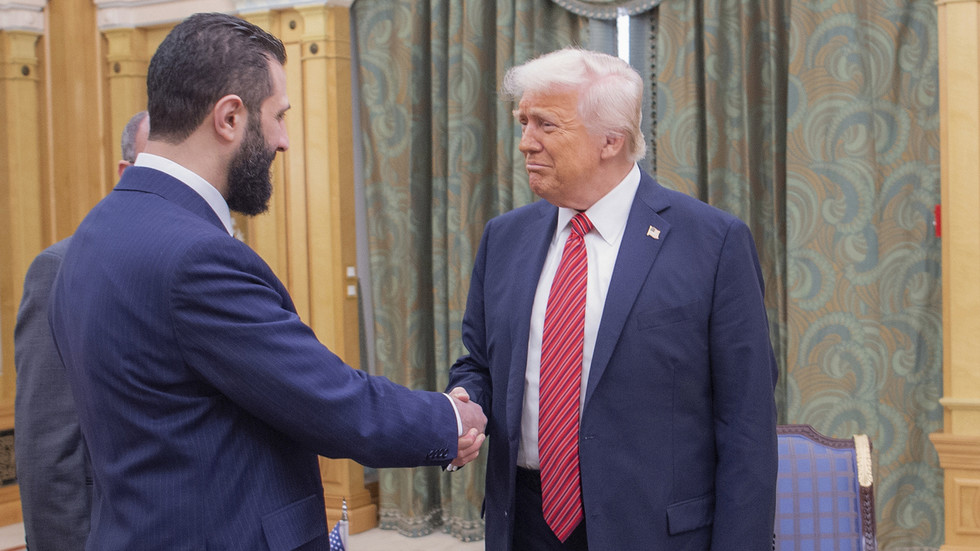US Lifts Sanctions on Syria After Trump Announcement
Following a surprise policy shift earlier in May, the Trump administration has initiated concrete actions to deliver sanctions relief for Syria. The US Department of the Treasury announced sweeping relief to various individuals and entities, aiming to "enable new investment and private sector activity consistent with [Trump’s] America First strategy.” Concurrently, the US State Department issued a waiver to the 2019 Caesar Syria Civilian Protection Act to “enable our foreign partners, allies, and the region to further unlock Syria’s potential”.
President Trump had surprised the international community on May 13 by pledging to remove sanctions placed on Syria during Bashar al-Assad’s leadership. These recent announcements mark the initial steps towards that objective, as Syria recovers from the abuses under al-Assad and the aftermath of a 13-year civil war. Treasury Secretary Scott Bessent stated that these actions are intended to encourage new investment into Syria, guiding the country towards stability and prosperity.
Trump first mentioned his plans for sanctions relief during a tour of the Middle East in mid-May, suggesting that lifting US sanctions would provide Syria “a chance at greatness” by alleviating its economic isolation. Shortly after, Trump met with Syrian leader Ahmed al-Sharaa, who had recently been removed from the US’s “Specially Designated Global Terrorist” list. Calls for sanctions relief intensified following the fall of al-Assad’s government last December. Al-Sharaa, as head of Hayat Tahrir al-Sham (HTS), led the offensive that resulted in al-Assad fleeing the country, effectively ending the civil war that began in 2011 and caused significant economic losses, estimated at $442.2bn in the first eight years alone, according to a UN report.
Sanctions have further hindered Syria’s economic recovery, making it difficult for countries tied to the US to conduct business there. Since taking power in December, Syria’s interim government has maintained that the ongoing sanctions, largely imposed during al-Assad’s rule, would impede development and foster instability. Trump’s announcement earlier in May raised hopes for a new path forward for many Syrians, although the extent of the relief remained unclear. The European Union also announced it had lifted sanctions against Syria earlier in the week.
The US sanctions relief applies to “the Government of Syria … as in existence on or after May 13, 2025”, according to the Treasury Department, and includes several previously sanctioned transportation, banking, tourism, and fossil fuel entities. However, transactions related to Russia, Iran, and North Korea remain under US sanctions. A significant challenge remains the Caesar Syria Civilian Protection Act, passed in 2019, which imposed broad sanctions targeting al-Assad’s government and its supporters for atrocities against civilians. Named after a former Syrian military photographer who exposed torture and mass killings, the act requires congressional action to fully lift its restrictions.
The Trump administration issued a temporary waiver to the Caesar Act, with Secretary of State Marco Rubio stating the 180-day waiver aims to “increase investments and cash flows that will facilitate basic services and reconstruction in Syria”. Rubio affirmed support for the Syrian people’s efforts to build a more hopeful future.









